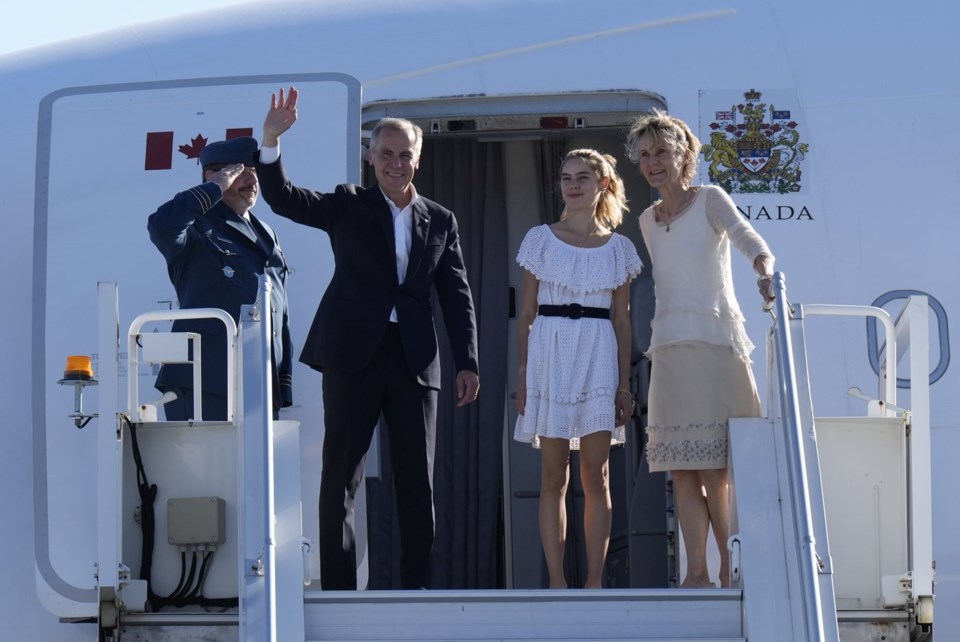VATICAN CITY — Mark Carney, the former central banker and prominent global economic figure, touched down in Rome on Friday ahead of the highly anticipated inaugural mass of the newly elected Pope. Carney’s presence underscores the significance of the event not just for the Catholic Church but for international diplomacy and global leadership circles.
The inaugural papal mass, set to take place at St. Peter’s Basilica, marks the formal beginning of the new pontiff’s spiritual leadership. World leaders, dignitaries, and high-profile figures from across continents are converging on the Vatican to witness the historic ceremony. Carney, who has served as both the Governor of the Bank of England and the Bank of Canada, joins a host of attendees expected to engage in diplomatic discussions on the sidelines of the religious event.
Although Carney has no official diplomatic title, his attendance is symbolic of the broader connections between moral leadership, global economics, and environmental stewardship—issues he has championed in recent years. Observers note that Carney’s visit may also include meetings with key Vatican officials on climate finance and sustainable development, areas that align with the Church’s growing advocacy under the new papacy.
Security has been heightened across Rome, with thousands of pilgrims and tourists pouring into the city for the papal mass. Italian officials are coordinating with Vatican security to manage the influx and ensure the safety of high-ranking attendees.
The new Pope, whose message of unity, humility, and social justice has already drawn global attention, is expected to use the inaugural mass to outline his spiritual priorities and vision for the Church’s future. The homily will be closely analyzed by theologians, diplomats, and global leaders alike.
Carney’s attendance adds a layer of political and economic interest to what is traditionally a religious and ceremonial affair. As the world continues to face intersecting challenges—from climate change to migration and geopolitical instability—the dialogue between secular and spiritual leadership becomes increasingly relevant.
With eyes on both the sacred and the strategic dimensions of this gathering, Rome is once again at the center of a moment that blends faith, diplomacy, and global policy.
Source : The Canadian Press


